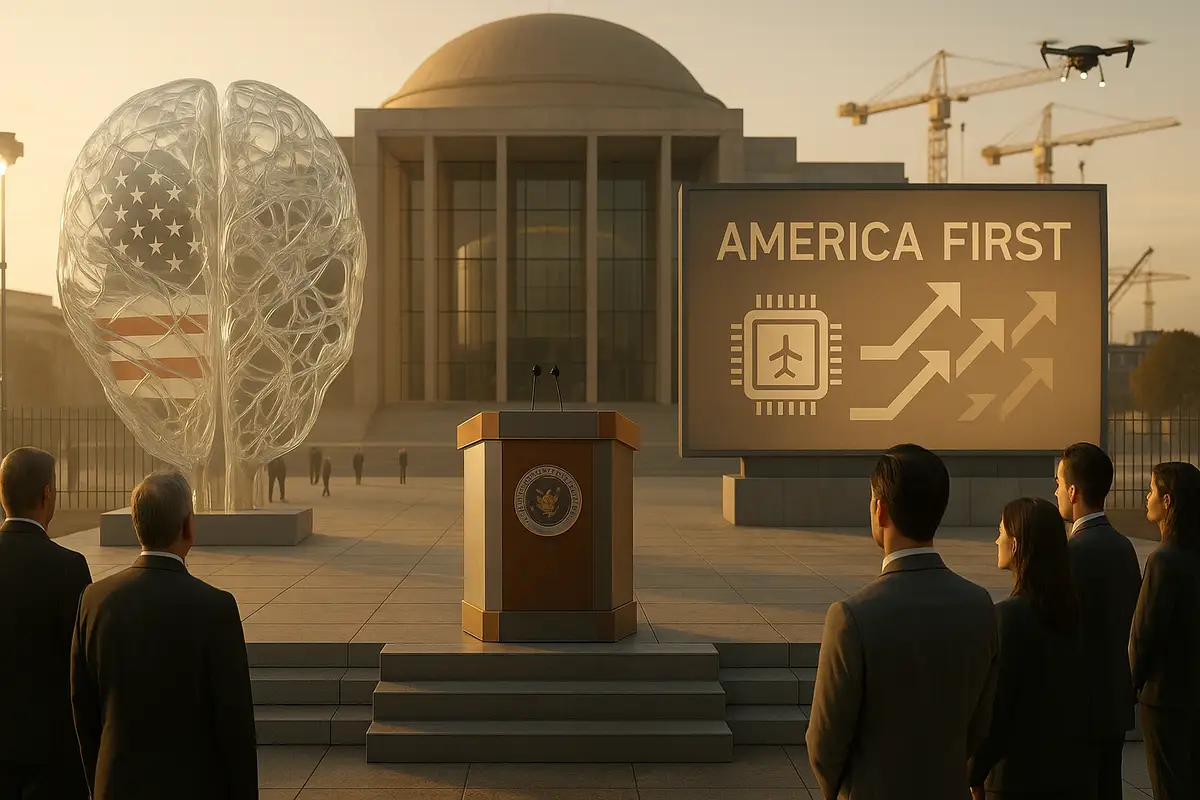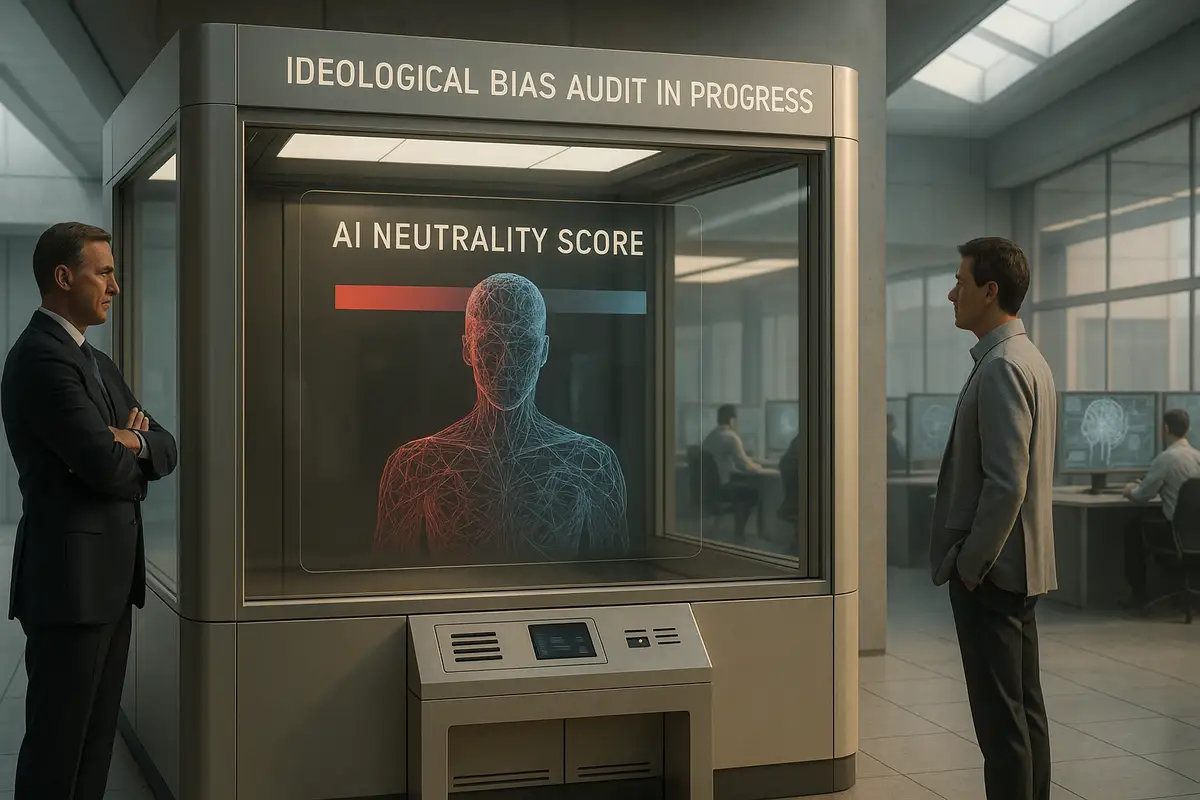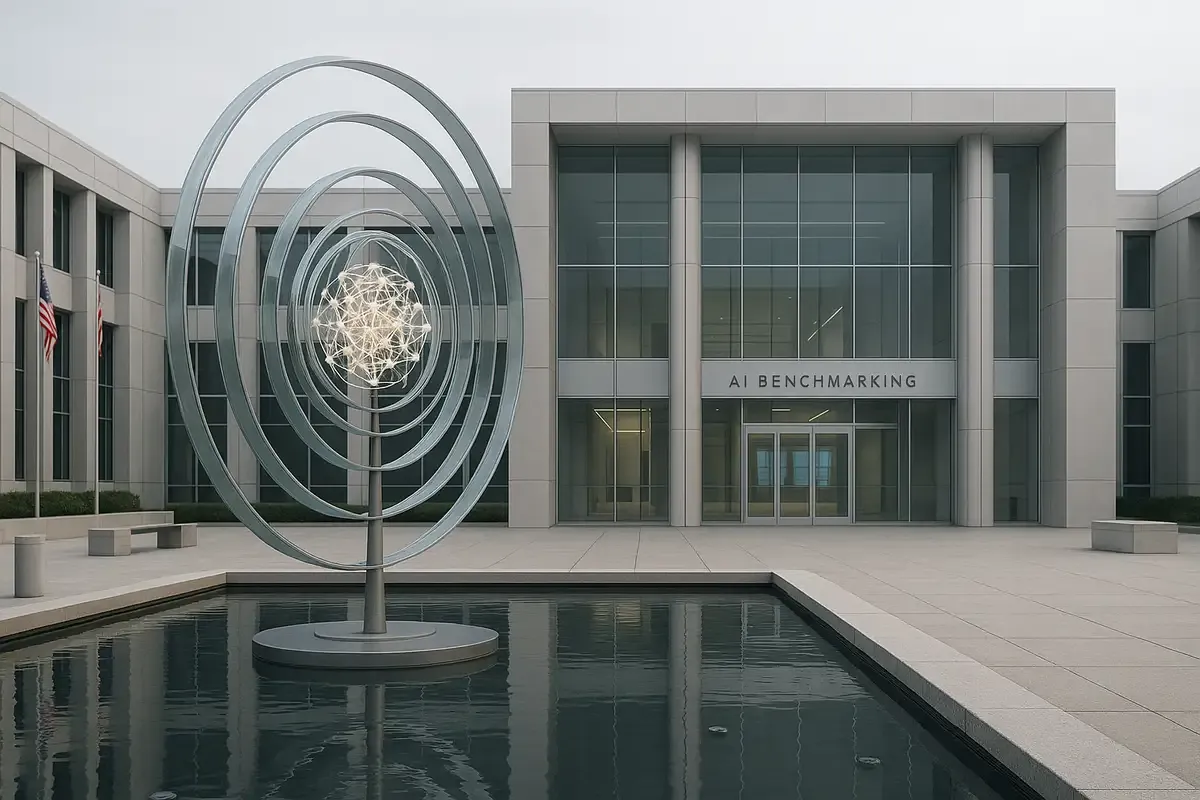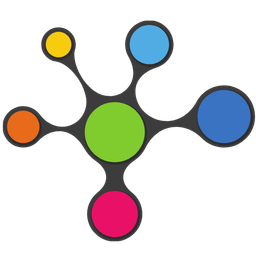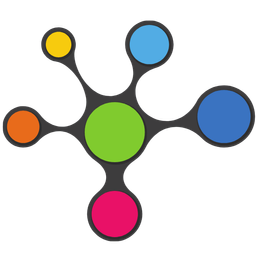💡 TL;DR - The 30 Seconds Version
🎯 ARC Prize Foundation scored a rare Washington win by getting all three of their AI recommendations into Trump's Action Plan released last week.
📊 The foundation detected a major AI breakthrough in December 2024 while testing OpenAI's o3-preview, spotting discontinuous capability jumps before anyone else.
🏭 Trump's plan now tasks NIST, CAISI, DOE, and NSF with leading AI evaluation science and building testbeds to coordinate the community.
🌍 The plan directly counters China's push to dominate AI standards-setting, treating benchmarks as diplomatic weapons in the tech race.
🚀 ARC Prize's new ARC-AGI-3 benchmark goes beyond pattern recognition to test whether AI models can learn and adapt like humans do.
⚖️ The success proves technical expertise now beats traditional lobbying in Washington when the issue is complex enough for politicians to defer to experts.
A small foundation just scored a perfect policy victory. ARC Prize Foundation sent three recommendations to the White House in March. All three made it into Trump's AI Action Plan released last week.
That doesn't happen often in Washington. Most policy suggestions vanish into bureaucratic limbo. But ARC Prize had something different: they knew that whoever controls AI measurement controls AI progress.
The foundation pushed three ideas. Build diverse AI evaluation groups. Create a federal benchmarking hub. Lead global AI standards. Simple concepts with massive implications.
Open Source Gets White House Backing
The plan treats open source AI as essential for national competitiveness. ARC Prize co-founder Mike Knoop put it simply: "We are idea-constrained for AGI. The more openness, the stronger our innovation environment."
Washington finally gets it. Closed systems won't win the AI race. Open collaboration will.
Evaluation Science Goes Federal
The plan puts NIST, CAISI, DOE, and NSF in charge of evaluation science. They'll build testbeds and coordinate the community. It's the clearest government backing yet of what ARC Prize argued: definitions drive evaluations, and evaluations drive progress.
Think of evaluations as strategic infrastructure. They create ground truth about model capabilities. That shapes decisions across research, security, and policy. In December 2024, ARC Prize spotted a major breakthrough while testing OpenAI's o3-preview on their benchmark. They caught a discontinuous jump in AI capabilities before anyone else.
The China Problem
Here's where it gets serious. ARC Prize warned that China is positioning itself to dominate AI standards-setting. Their submission noted: "The nation that sets AI measurement standards has significant influence over the global AI ecosystem."
A China-led benchmarking system could hurt US firms. Trump's AI Action Plan responds by calling for using "the U.S. position in international diplomatic and standard-setting bodies to counter authoritarian influence."
Benchmarks aren't just technical tools. They're diplomatic weapons.
Beyond Pattern Recognition
ARC Prize isn't stopping. Their new ARC-AGI-3 benchmark measures "interactive reasoning" - whether models can learn, adapt, and reason across new tasks. It goes beyond pattern recognition to test skill acquisition in unfamiliar environments.
That's a stand-in for general, human-like intelligence. Previous benchmarks tested what models knew. This tests how they learn.
The foundation plans to keep designing benchmarks that push system capabilities. They're working with academia, industry, and civil society to build evaluation infrastructure.
As AI capabilities accelerate, the organizations that measure progress gain outsized influence. ARC Prize positioned itself at that intersection of technical expertise and policy influence.
Their success shows something important about how Washington works now. Technical knowledge beats traditional lobbying when the issue is complex enough. Politicians defer to experts who can explain what actually matters.
Why this matters:
• A small foundation just proved that technical expertise beats big lobbying budgets when shaping AI policy - if you understand what really drives the technology
• The US-China competition isn't just about chips and models anymore; it's about who writes the rules for measuring AI progress, and those rules will determine which systems win globally
Read on, my dear:
❓ Frequently Asked Questions
Q: What exactly is ARC Prize Foundation and how big are they?
A: ARC Prize is a small research organization focused on AI benchmarking. They're not a major think tank or lobbying group, which makes their policy success unusual. Co-founder Mike Knoop previously co-founded Zapier. They focus specifically on measuring AI progress toward human-like reasoning.
Q: What are AI benchmarks and why do they matter so much?
A: AI benchmarks are standardized tests that measure what AI systems can do. Think SATs for AI. They shape which research gets funding, which companies get investment, and which technologies governments adopt. Whoever controls the tests essentially controls what counts as "progress."
Q: What breakthrough did ARC Prize detect in OpenAI's o3-preview?
A: In December 2024, o3-preview showed a "discontinuous advancement" in generalization and adaptability on ARC's test. This means the AI didn't just get incrementally better - it made a sudden jump in capability, suggesting new reasoning abilities rather than just more training data.
Q: How is China threatening US leadership in AI standards?
A: China is working to become the dominant force in AI standards-setting through international bodies. If Chinese benchmarks become global standards, US AI companies would need to optimize for Chinese metrics, potentially giving Chinese firms advantages in design and deployment.
Q: What makes ARC-AGI-3 different from other AI tests?
A: Most AI tests measure pattern recognition - can the system identify what it's seen before? ARC-AGI-3 tests "interactive reasoning" - can it learn new skills in unfamiliar situations? It's the difference between recognizing a face and learning to solve puzzles you've never encountered.
Q: What will NIST, CAISI, DOE, and NSF actually do now?
A: These agencies will coordinate AI evaluation efforts across government, build testing facilities (testbeds), and provide expert guidance to other departments. NIST handles standards, CAISI focuses on AI safety, DOE brings supercomputing resources, and NSF funds academic research.
Q: How rare is it to get all policy recommendations accepted?
A: Extremely rare. Most policy submissions to federal agencies get partial adoption at best, often watered down through multiple review cycles. Getting 100% acceptance suggests either exceptional alignment with existing priorities or unusually compelling technical arguments that bureaucrats couldn't dispute.
Q: What does "skill-acquisition efficiency" mean in practical terms?
A: It measures how quickly an AI system learns new tasks with minimal examples. Humans can often solve new puzzles after seeing just one or two examples. Current AI typically needs thousands. ARC-AGI-3 tests whether systems can match human-like learning speed and flexibility.
